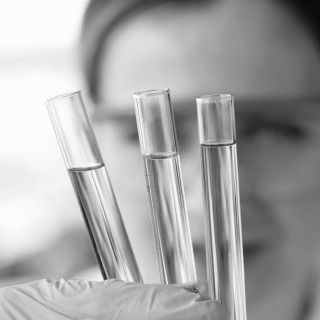
NETHERLANDS - REPORT DENOTES RISK OF HIGH CAFFEINE LEVELS PRESENT IN FOOD SUPPLEMENTS
Netherlands
Aug 01, 2020
A recent assessment requested by the Dutch Ministry for Public Health demonstrates the intake of caffein through food supplements is likely to result in intakes exceeding normal consumption levels. It concludes that caffeine intake from supplements is likely to exceed the reference intakes established by EFSA (for adults: 200 mg per single dose and 400 mg per day) and therefore probable to induce a health risk. Adverse health risk linked to high caffeine intakes include adverse effects on the cardiovascular system, body temperature, hydration and central nervous system.
At present, the maximum amount of caffeine in food supplements is not set by EU law. Some Member States however have set local limits however which may need to be observed for the marketing of food supplements in the given country. The Dutch report aims to quantify the risk of caffeine levels that are currently found in food supplements, taking into account the consumption of other caffeine-containing foods such as coffee, tea and chocolate. On the basis of the outcome the Dutch Ministry for Public Health could request for a European maximum limit of caffeine in food supplements.
National Institute for Public Health and the Environment - Risk assessment of caffeine in food supplements - link
Tags:
Authorities prohibit the addition of naphthyl and lafite to food
China
Jul 07, 2025

New regulatory framework for official agri-food controls
Spain
Jul 07, 2025

FDA publishes its proposed guidance program for 2025
USA
Jul 04, 2025

China - The Evolution, Current Situation and Prospects of China's Health Food Regulatory System
China
Jul 03, 2025

Ministry of Health proposes new regulation to increase controls on functional foods and food supplements
Vietnam
Jul 03, 2025

Public consultation on interim decision to amend the Poisons Standard in relation to pyridoxine, pyridoxal or pyridoxamine (vitamin B6)
Australia
Jul 02, 2025

FDA issues consultation on new method for classifying chemicals in food for post-market evaluations
USA
Jul 01, 2025

Authorities announce new regulations to reduce contaminants in food products
Romania
Jun 27, 2025

Bill to amend the Food Security Law is presented
China
Jun 26, 2025

Codex Committee on Contaminants in Foods begins 18th session in Thailand
Codex
Jun 18, 2025

ANVISA updates lists of components, limits of use and health claims for food supplements
Brazil
Jun 18, 2025

FSIS to update the allergen analysis method
USA
Jun 16, 2025

Peru - Food safety and its relevance in Free Trade Agreements (FTA)
Peru
Jun 16, 2025

ANMAT announces new advertising standards for food and dietary supplements
Argentina
Jun 16, 2025

FSSA announces new requirements for powdered cheese
India
Jun 13, 2025


Expertise in countries
- Argentina
- Australia
- Brazil
- Brunei
- Cambodia
- Canada
- Chile
- Colombia
- Ecuador
- Egypt
- European Union
- India
- Indonesia
- Israel
- Laos
- Japan
- Malaysia
- Mexico
- Myanmar
- New Zealand
- Nigeria
- Paraguay
- Philippines
- Peru
- Russia
- Saudi Arabia
- Singapore
- South Africa
- South Korea
- Switzerland
- Thailand
- Turkey
- UAE
- UK
- Ukraine
- Uruguay
- USA
- Vietnam







